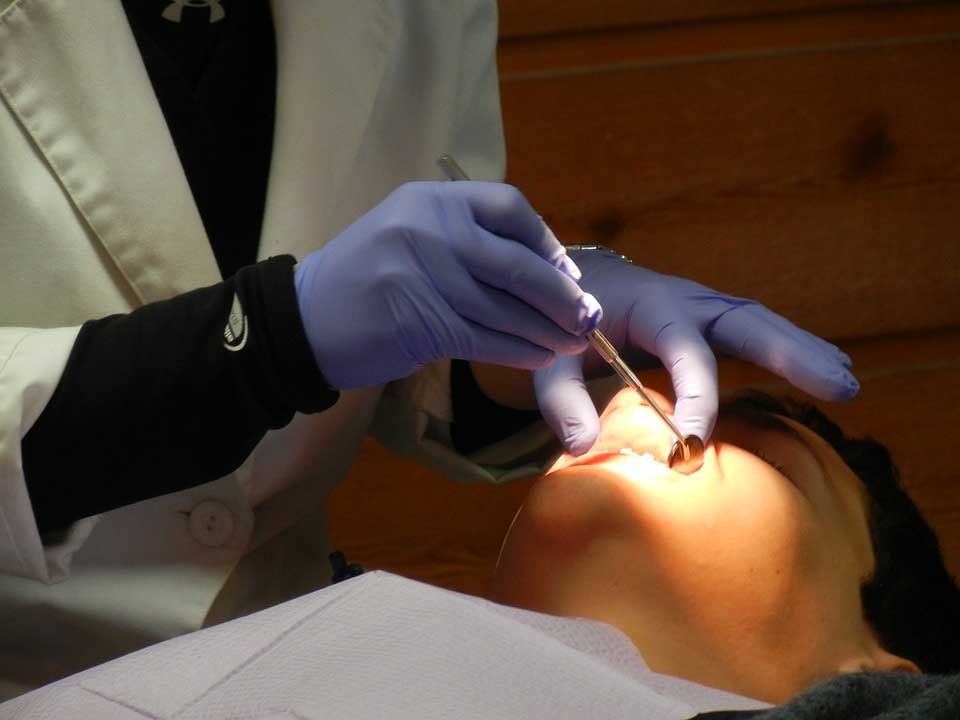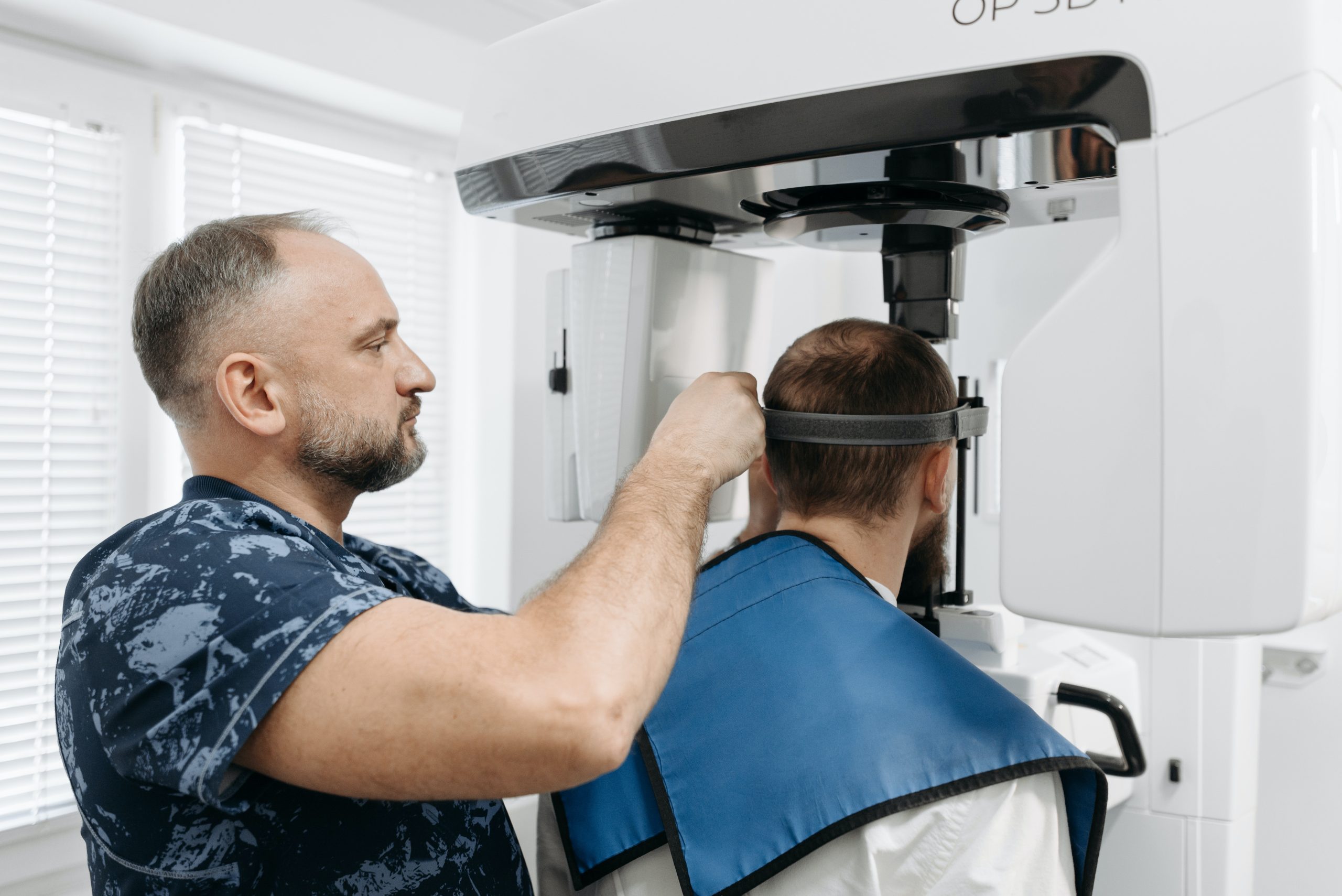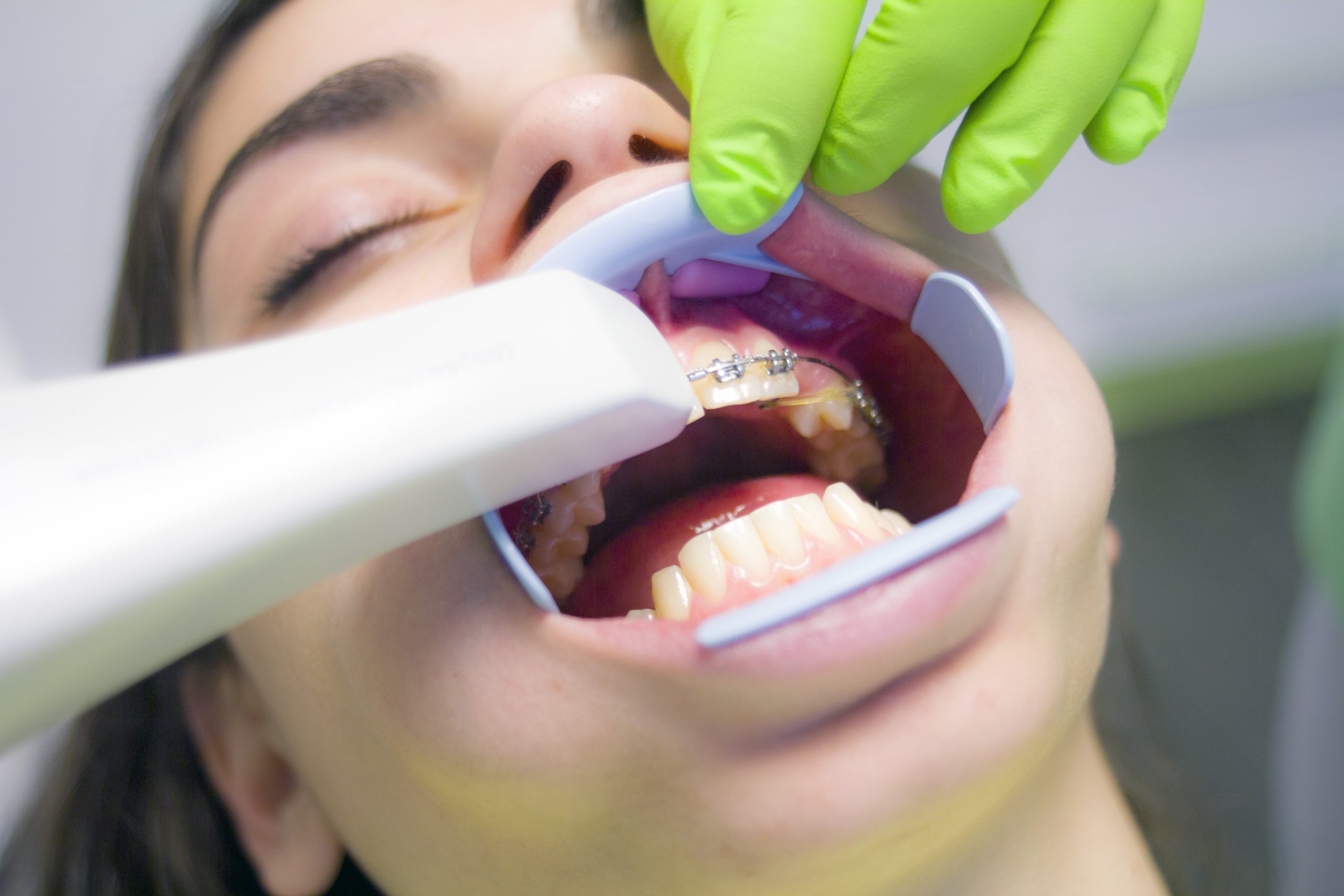How Do You Prepare for an Emergency Dental Situation?
Emergency situations can be unpredictable and often come as a shocking surprise. This is true for all types of emergencies, including those related to our teeth and oral health. Today, we’re going to talk about how to prepare for a dental emergency. Armed with the right knowledge and tools, navigating these stressful circumstances becomes much easier. Let’s break it down step by step and get ready for any potential dental emergency that might arise.
Identifying a Dental Emergency
Let’s start simple – what exactly is a true dental emergency? Well, it’s not something as minor as a small toothache or biting your cheek by accident. Real dental emergencies are generally more severe.
- Oral Pain Relief: We’re talking about aggressive, persistent pain that doesn’t go away even after you’ve taken over-the-counter painkillers. It’s the type of deep-seated pain that doesn’t let you sleep at night, eat properly during the day, or concentrate on anything else.
- Urgent Dental Care: Another instance constitutes any oral bleeding, swelling, or loss of dental filling or crown. These cases require immediate professional care. You can’t ignore them or delay seeing the dentist.
- Dental Trauma: Then we have dental trauma, which often involves physical accidents. It can look like a broken tooth, a tooth that’s been completely knocked out, or severe injury to the mouth tissue.
When these happen, there’s no questioning – you’re going to need immediate emergency dental care, and the situation should not be taken lightly.
Steps to Survive a Dental Emergency
If we know the signs of a dental emergency, we’re halfway prepared. But what about the other half? It involves taking the necessary steps to handle emergencies with calm and efficiency.
- Regular Dental Check-up: Why wait for a dental emergency when you can prevent it? Staying regular with dentist appointments helps detect oral problems early before they can evolve into severe issues.
- Dental Cleaning: This sounds simple, but routine cleaning plays a significant role in oral health maintenance. It eliminates plaque and bacteria that your everyday brushing and flossing routine might have missed, averting possible infections.
- Oral Hygiene Services: This is the daily care you give to your teeth. Regular brushing, flossing, and rinsing with mouthwash go a long way in maintaining oral health and keeping dental emergencies at bay.
Besides these steps, it’s always a good idea to learn basic dental first-aid procedures. They can help manage the situation before you can get to a dental clinic.
Find a Comprehensive Dental Care Provider
What matters in a dental emergency is the type and extent of care you get. That’s why it’s essential to find a dental clinic that provides comprehensive services.
- Preventive Dentistry: The best way to tackle any problem is to prevent it from occurring in the first place. Clinics focused on preventive dentistry have this specific mindset. They don’t just offer treatments; they guide you to adopt better oral care habits.
- Root Canal Therapy and Dental Fillings: If you have cavities, get them treated while they’re still small and manageable. This will prevent further decay and potential tooth loss—an overwhelming dental emergency you’d rather avoid.
- Pediatric Dental Care: If you have kids, you know that their dental needs are unique and distinct from those of adults. Having a clinic that caters to their specific needs can be a great help, especially in case of a dental emergency.
When looking for dental services in Red Bank, make sure you check out the complete array of services the clinic provides. This will ensure you have adequate care in a likely dental emergency scenario.
Role of Orthodontic Treatment in Preventing Dental Emergencies
Dental emergencies are not always the result of an accident or an injury. Sometimes, they’re the result of problems that have been simmering for a while, like teeth alignment issues. That’s where orthodontic treatment comes into play.
- Teeth Alignment: If your teeth are accurately aligned, they’re less likely to suffer severe damage. Misaligned teeth are more susceptible to chips, cracks, and other physical injuries that can quickly turn into emergencies.
- Invisible Braces and Clear Aligners: Orthodontic treatment has come a long way from metal braces and wires. Now, we have more comfortable and user-friendly options like Invisalign. They’re less prone to causing physical discomfort and sudden emergencies.
- Orthodontic check-ups: Regular check-ups during your orthodontic treatment ensure progress is on track. This serves to prevent any mishaps that could lead to emergencies.
Benefits with Invisalign
Speaking of orthodontic treatment, let’s delve a bit into Invisalign treatment. Your Invisalign provider will be able to explain all the benefits that Invisalign has over traditional braces.
- Invisalign Cost: Yes, the upfront costs of Invisalign treatment can be higher than traditional braces. But when you consider the comfort, reduced risk of emergencies, and other benefits, it doesn’t seem that expensive.
- Invisalign vs. Traditional Braces: With Invisalign, no one has to know that you’re having orthodontic treatment. Moreover, you can remove the aligners to eat, brush, or for special occasions. This is not possible with traditional braces.
- Patient Review of Invisalign: People who have used Invisalign have had positive experiences, noting its convenience and comfort. The treatment, although similar to traditional braces in terms of timeline, does not interfere with their daily lifestyle.
Education is Key
When it comes to understanding your oral health and preventing mishaps, education is undoubtedly key.
- Teeth Whitening and Cosmetic Dentistry Services: Modern dentistry has given us the option of enhancing our smiles with various cosmetic treatments. Knowing more about teeth whitening methods, veneers, and other cosmetic dentistry services can help us make informed decisions and prevent dental emergencies.
- Gum Disease Treatment: Understanding gum diseases, their causes, symptoms, and treatment options can help in early detection and treatment, stopping it from escalating into a dental emergency.
- Dental X-rays: Regular X-rays are part and parcel of routine dental check-ups. They help your dentist spot hidden problems that aren’t typically visible, offering a form of preventive care.
The Essential Emergency Dental Kit
So far, we’ve talked about preventive steps and medical assistance, but what can YOU do in a dental emergency? One manageable step is to maintain a dental emergency kit at home.
- Dental Implants Services: Knowledge about dental implants can be useful, especially in cases where a tooth comes loose or falls out. You will know when to reach out for dental implant services and keep unnecessary panic at bay.
- After Hours Dental Care: Having information about dental clinics or hospitals that offer after-hours care can be priceless during an emergency, particularly when most dental clinics are closed.
- Treatment for Toothaches: Simple over-the-counter pain relief or numbing gels can provide temporary relief from a sudden toothache until you reach a dentist.
To End
Preparing for a dental emergency doesn’t just happen overnight. It requires a little effort, some forethought, and a lot of education. But with the right approach, it is very much achievable. Remember, the goal is to prevent dental emergencies before they happen, and the steps outlined in this article can help you do just that. Regular dental check-ups, maintaining oral hygiene, choosing the right orthodontic treatments, and having an emergency readiness plan can all contribute factors in keeping your smile safe and healthy.















